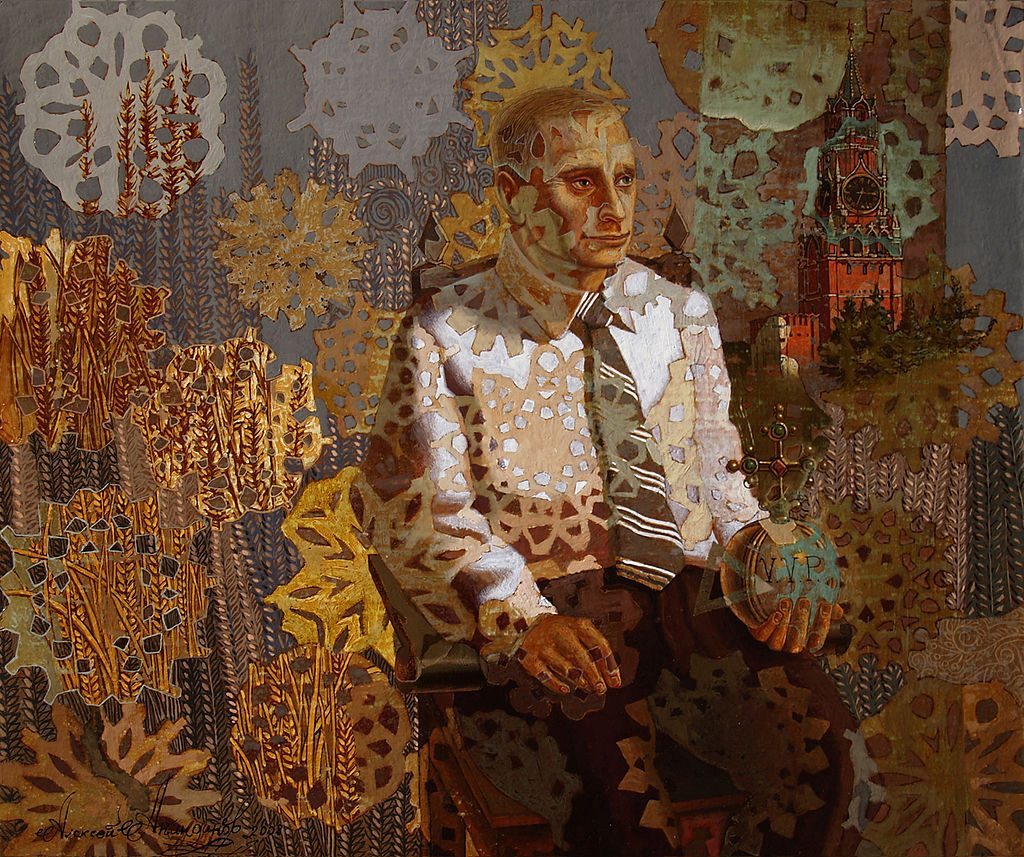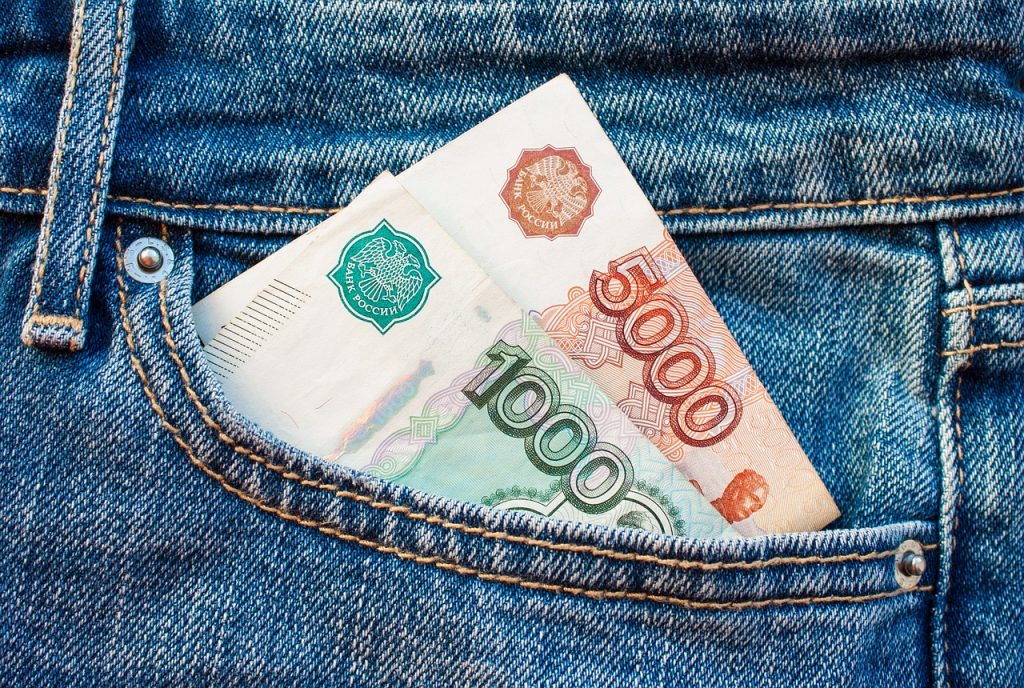Do Russians Really Adore Putin? Posted by Maria on Jan 24, 2018 in History
Because politics is often the only aspect of Russian life that gets covered in the media abroad, I have made it a point to share other stories about Russia on this blog — from recent Russian films you can stream to renting an apartment/flat in Russia. At the same time, as Vladimir Putin (Владимир Путин) is poised to win his re-election bid in 2018, it’s understandable that the person who has been in power since 1999 (whether as president or prime minster) gets more attention than perhaps any other story from Russia.
Do Russians really adore their leader? Or are they so afraid of the state apparatus that they fake support? This post will try to examine the attitudes of Russians to their president.Background
In 1999, the first president of an independent Russia, Boris Yeltsin, Борис Ельцин, (remember, Mikhail Gorbachev, Михаил Горбачёв, was the first and last president of the USSR), announced he was stepping down from his office. The prime minister at the time, 5th in less than 2 years, Vladimir Putin, became acting president. Yeltsin endorsed Putin as his successor (преемник). Putin ended up winning 53 percent of the vote.
Sources of Approval
Rapid and, some would say, poorly managed economic reforms (экономические реформы) of the 1990s caused a drop in many people’s standard of living. According to Demoscope,
В 1992-1993 года́х рост числа́ бе́дных стал сле́дствием либерализа́ции цен, в результа́те чего́ реа́льные дохо́ды граждан сни́зились на 40%.
[In 1992-1993, the number of poor people went up due to price liberalization, and people’s real income went down 40 percent as a result.]
When the tide turned in the 2000s, many saw that as Putin’s achievement. You can read more about this attitude in this English article by Julia Ioffe. According to the BBC,
Почти́ все го́ды правле́ния Влади́мира Пу́тина реа́льные располага́емые де́нежные дохо́ды россия́н росли́, хотя́ и с ра́зной дина́микой.
[Russians’ real disposable income went up almost every year of Vladimir Putin’s reign, albeit at different rates.]
An article in the Financial Times also notes that “[g]rowth during the Putin era lifted large parts of society out of poverty, helped Russians become healthier and live longer, and created a taste for the spoils of middle-class life such as overseas travel” but points out that that growth might have stemmed from high oil prices rather than effective governance. However, what’s called стабильность (stability) has been promoted as Putin’s success.
Criticism
Putin’s style of governing is not without its critics, who point out a crackdown on the free press and widespread human rights violations. For example, Human Rights Watch has found that
[…] по́сле ма́ссовых проте́стов 2011–2012 годо́в прави́тельство приступи́ло к «закру́чиванию га́ек» — борьбе́ со свои́ми кри́тиками под ви́дом борьбы́ с экстреми́змом и приня́тию зако́нов, кото́рые ограни́чивают свобо́ду сло́ва и информа́ции.
[…] after the mass protests of 2011–2012, the government has started “tightening the bolts” — fighting its critics under the guise of fighting extremism by passing laws that limit freedom of speech and information.
So why do Russians put up with that? There may be many answers from the desire to have a strong leader to nationalism to tolerance for corruption to lack of choice to voter apathy. In the opinion of the Russian journalism Aleksandr Plushev (Александр Плющев),
[…] по некоему обще́ственному догово́ру, негла́сно заключённому в нача́ле нулевы́х, мы променя́ли уча́стие в полити́ческой жи́зни на стаби́льность и досту́пные проду́кты.
[…] according to a social contract of sorts, which we implicitly entered in the early aughts, we traded our participation in politics for stability and easily available food.
What do you think? What do your Russian family and friends say? As always, please be courteous to your fellow readers and the blog team in your comments.

Build vocabulary, practice pronunciation, and more with Transparent Language Online. Available anytime, anywhere, on any device.







Comments:
Eugene Sedita:
Hi Maria,
You’ve been doing a great job here for years and I do appreciate your hard work. Thank you.
I’m still at a rudimentary level and so especially appreciate lessons and articles that focus on these more readily understandable by neophytes .
Keep up the good work and thanks again.
Sincerely, gene.
Maria:
@Eugene Sedita Thank you, Gene!
KPNC:
I guess the main reason why Putin still remains the most popular candidate is that all the others are worst?
Maria:
@KPNC Thank you for commenting, KPNC! I have certainly heard that opinion, although critics will point out that political competition is stifled in Russia, so no viable candidates emerge.
KPNC:
*worse
Dimytrii Tupikin:
It’s interesting. And style of the article is also unique. I mean all those nice pictures and text supporting – it’s cool. I have been reading some of your articles and I found it as a nice stories showing the reality of Russian culture and mentality.
Please visit my resource for Russian learners in the blog section. I am also talking about Russian culture, lifestyle and Russian language. For example this article, telling the most usable tips for visiting Russia: https://www.russianlessononline.com/7-practical-advices-for-visiting-russia/
It would be great you use our blog article for your next blog posts. We would appreciate that!
Kind Regards.